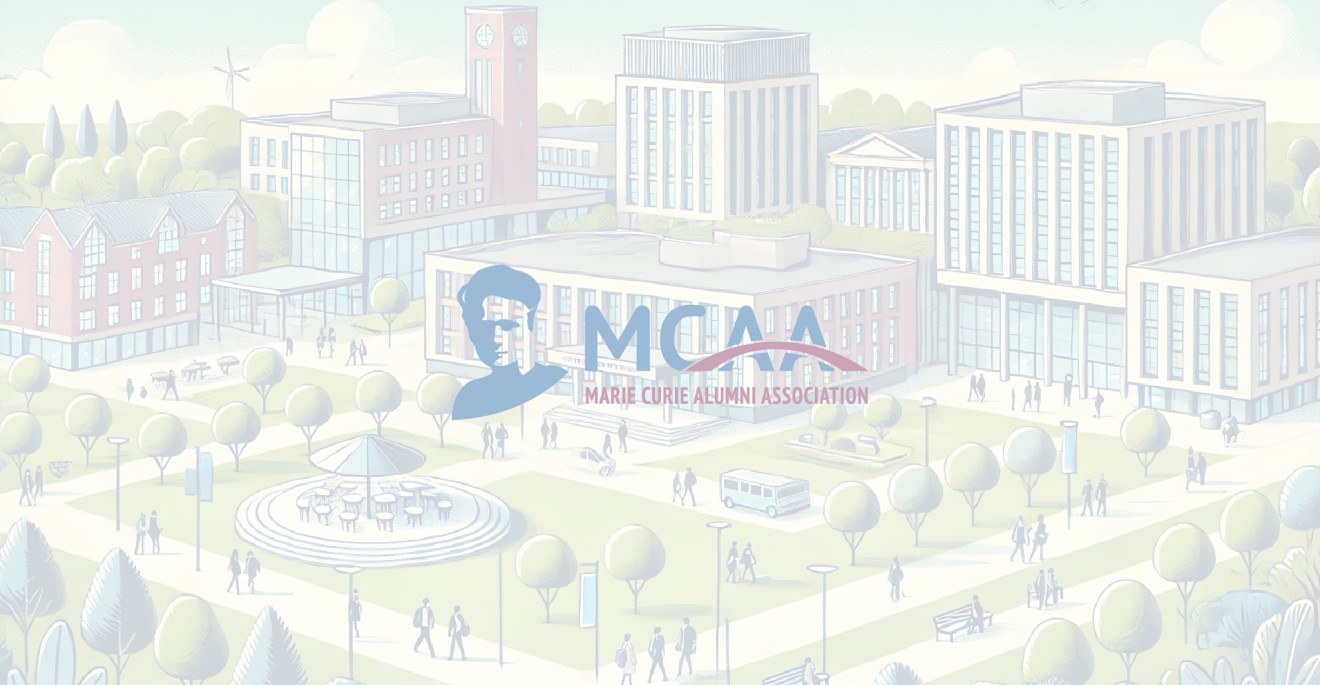As the ERC celebrates grant 5,000, let us not forget the MSCA

The 5,000th researcher funded by the European Research Council (ERC) was marked by a celebratory grant signing in Brussels on the 16th of June, where high-profile figures from science and politics praised the impact of the ERC since its inception in 2007.
The ERC funds individual scientists with grants of up to €3.5 million for high risk/high gain fundamental research projects based on the sole criterion of excellence.“The ERC is the best example that that investing in excellent scientists pays off”, said Carlos Moedas, the European Commissioner for Research, Science and Innovation.
The strong standing of the programme was evident earlier this year when a slice of its budget was threatened by EC President Jean-Claude Juncker’s Investment Plan. High-level political clamour saved the ERC from cuts.
It is easy to see why. The ERC’s forward thinking blue-sky philosophy makes a sexy package and is proving an excellent way to sell fundamental science to policy makers. Importantly, the Marie Skłodowska-Curie Actions (MSCA) has also been spared from cuts and both are expected to continue as planned.
Europe can be proud that it is bold enough to fund its most promising scientists with generous grants for risky projects. In many cases, such grants would not be possible from national funding bodies. This is even more important as other parts of Horizon 2020, the EC’s budget for RTD, have become much more focused on applied rather fundamental science.
But as we celebrate this milestone, we should also play devil’s advocate. The ERC by itself cannot support the scientific needs of a diverse and sometimes fragmented continent.
There are some downsides. While the strive for excellence is critical, the ERC’s policy of funding an elite few with large grants inevitably creates a disparity, in which the top talent congregates at the top institutions and the gap between weaker and stronger nation widens.
The balance is restored, in part, by other parts of the EC’s RTD budget, such as MCSA.
The membership of the Marie Curie Alumni Association demonstrates the career progression of thousands of scientists from all backgrounds, and plays a role in the creation of a “European Research Area”, opening the continent up for collaboration. This seems much closer to the European ideal of unity in diversity.
While it is hard to imagine a lavish celebration in Brussels for the signing of an MCSA grant agreement, we cannot forget the need for mobility and training opportunities and the funding of collaborative fundamental research.
Young scientists are equally talented everywhere, even if they may not be equally privileged. The path of Marie Curie herself is the testament to that.


